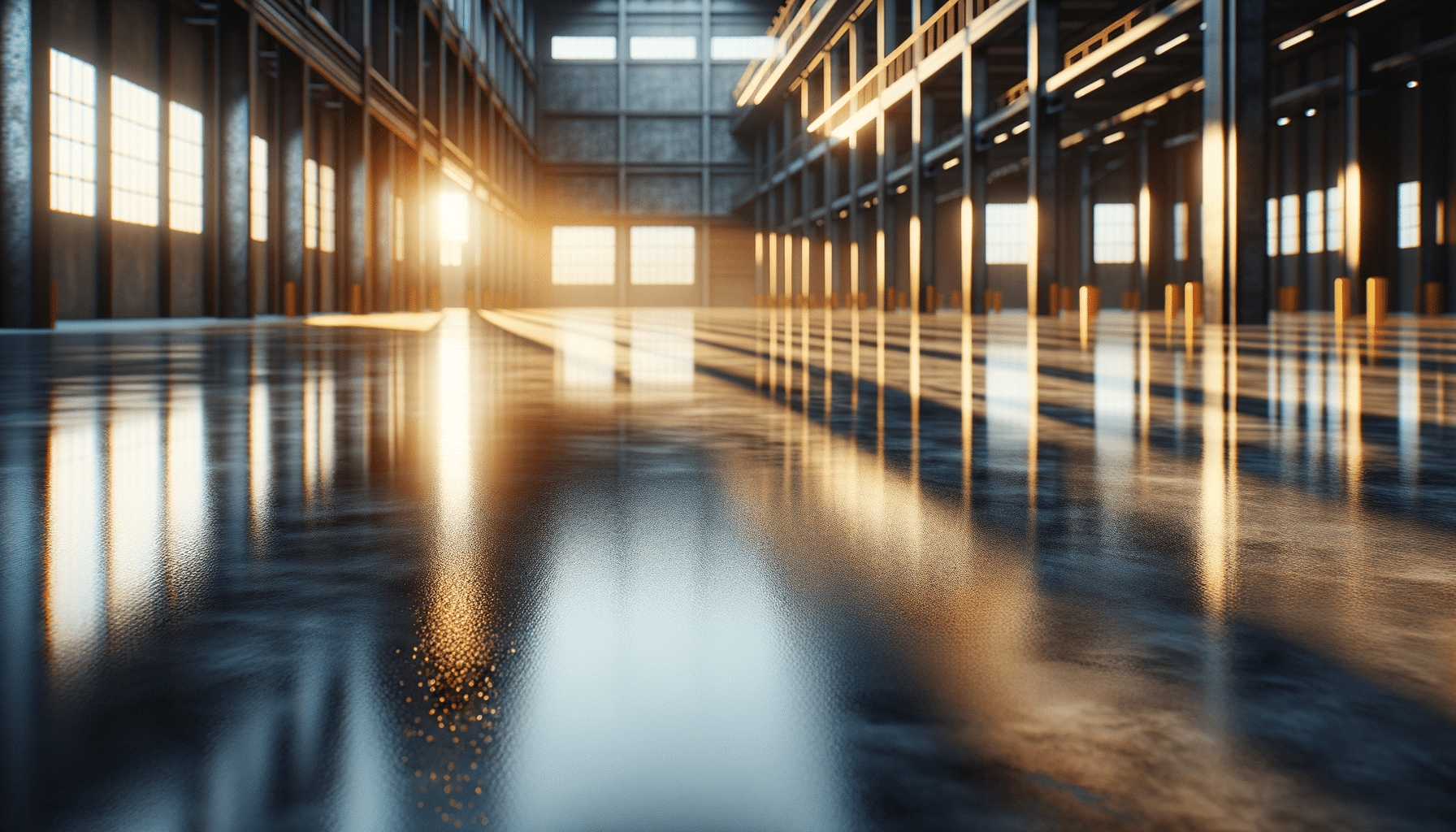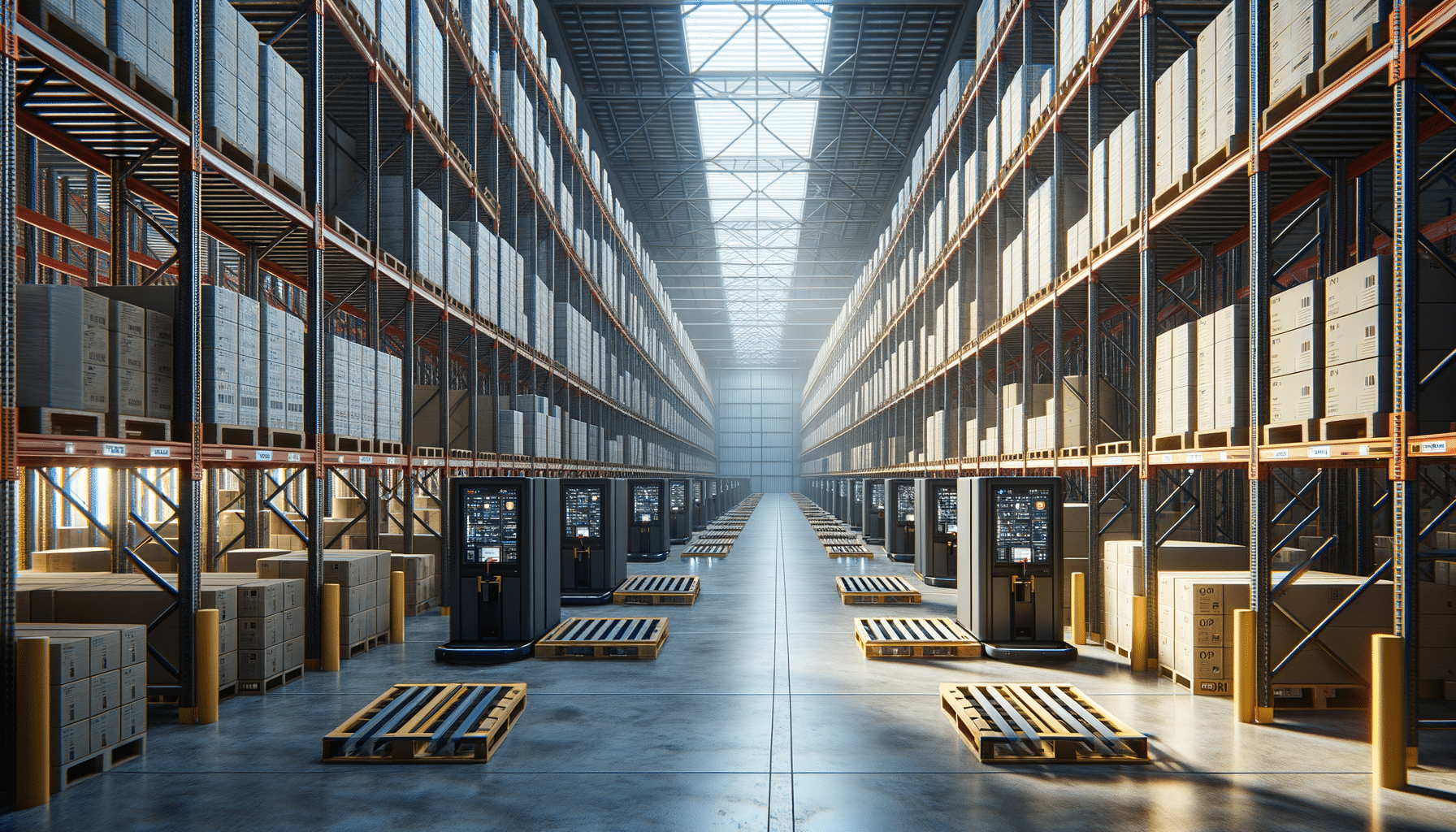
Discovering the Versatility and Durability of Epoxy Flooring
Introduction to Epoxy Flooring
Epoxy flooring has gained popularity as a versatile and durable flooring solution for both residential and commercial spaces. Known for its resilience and aesthetic appeal, epoxy flooring is made by mixing resin with a hardening agent, which creates a smooth, glossy finish when applied to concrete surfaces. This type of flooring is especially valued for its ability to withstand heavy foot traffic and its resistance to chemicals, making it ideal for industrial environments as well. In this article, we will explore the various aspects of epoxy flooring, including its benefits, types, applications, and maintenance, helping readers understand why it is a preferred choice for many.
Benefits of Epoxy Flooring
One of the primary reasons epoxy flooring is highly regarded is its durability. It can withstand significant wear and tear, making it suitable for high-traffic areas like garages, warehouses, and retail spaces. Additionally, epoxy flooring is resistant to a wide array of chemicals, which enhances its suitability for industrial settings where spills and splashes are common.
Another advantage of epoxy flooring is its aesthetic versatility. Available in a multitude of colors and finishes, it can be customized to match the design and ambiance of any space. Whether you prefer a high-gloss finish or a more subdued matte look, epoxy flooring can cater to diverse preferences.
Furthermore, epoxy flooring is relatively easy to maintain. Its seamless surface prevents dirt and grime from accumulating, and it can be cleaned with simple sweeping and mopping. This low-maintenance aspect makes it an attractive option for busy environments.
Types of Epoxy Flooring
Epoxy flooring comes in various types, each designed to meet specific needs and preferences. Some of the most common types include:
- Self-Leveling Epoxy: This type is used to create a smooth surface over new or old concrete floors, providing a level finish.
- Epoxy Terrazzo: Known for its decorative appeal, this type incorporates colored chips or aggregates to create intricate patterns and designs.
- Epoxy Mortar Flooring: This is the most robust type of epoxy flooring, making it ideal for environments that require high resistance to impact and chemicals.
- Anti-Static Epoxy Flooring: Used in environments where static-sensitive equipment is operated, this type helps to dissipate static charge.
Each type of epoxy flooring offers unique benefits, making it essential to choose the right one based on the specific requirements of the space.
Applications of Epoxy Flooring
Epoxy flooring’s versatility allows it to be used in a wide range of applications, from residential to commercial and industrial settings. In residential spaces, epoxy flooring is commonly used in garages, basements, and kitchens due to its durability and ease of cleaning. Its ability to resist moisture also makes it a great choice for areas prone to dampness.
In commercial settings, epoxy flooring is often found in retail stores, restaurants, and showrooms, where its aesthetic appeal can enhance the customer experience. The seamless and polished look of epoxy floors can contribute to a professional and modern atmosphere.
Industrial applications are where epoxy flooring truly shines. Factories, warehouses, and laboratories benefit from its resistance to heavy machinery, chemicals, and spills. Its durability ensures a long lifespan, reducing the need for frequent replacements and repairs.
Maintaining Epoxy Flooring
Maintaining epoxy flooring is relatively straightforward, which is one of its appealing features. Regular sweeping or vacuuming can help keep the floor free of dust and debris. For deeper cleaning, mopping with a mild detergent and water is usually sufficient.
To preserve the glossy finish of epoxy flooring, it’s important to avoid using harsh chemicals or abrasive cleaning tools that can damage the surface. Placing mats or rugs in high-traffic areas can also help protect the floor from scratches and wear.
Periodically polishing the epoxy floor can maintain its shine and extend its lifespan. If the floor shows signs of wear or damage, professional refinishing can restore its original appearance without the need for complete replacement.


